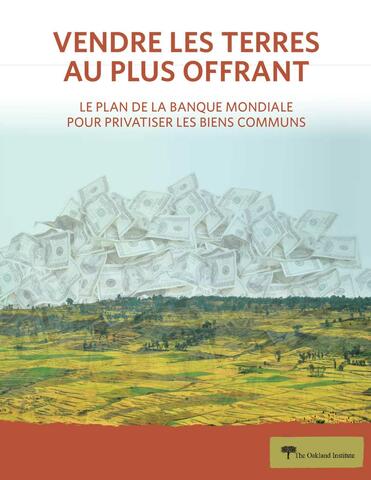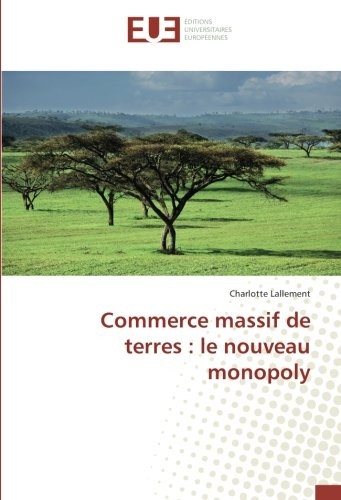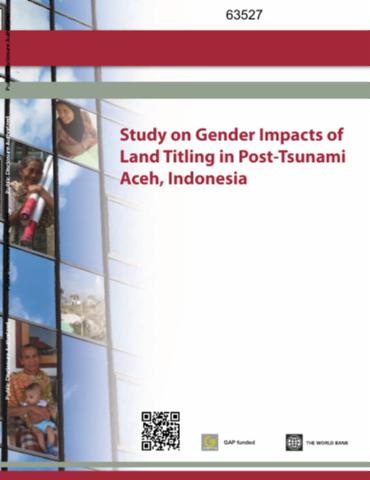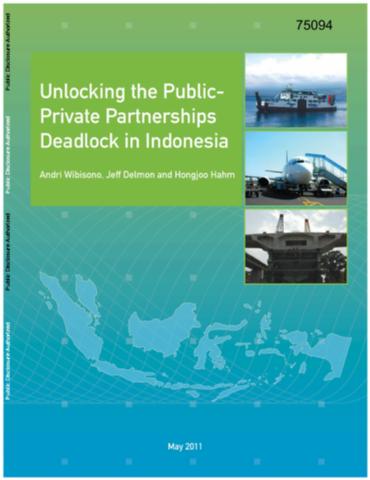Leveraging Land to Enable Urban Transformation : Lessons from Global Experience
Around the world, in both developed and
developing countries, policy makers use a variety of tools
to manage and accommodate urban growth and redevelopment.
Government officials have three main concerns in terms of
land policy: (i) accommodating urban expansion, (ii)
providing infrastructure, and (iii) managing density.
Together, the planning for infrastructure and urban
expansion, land use, and density policies combine to shape








